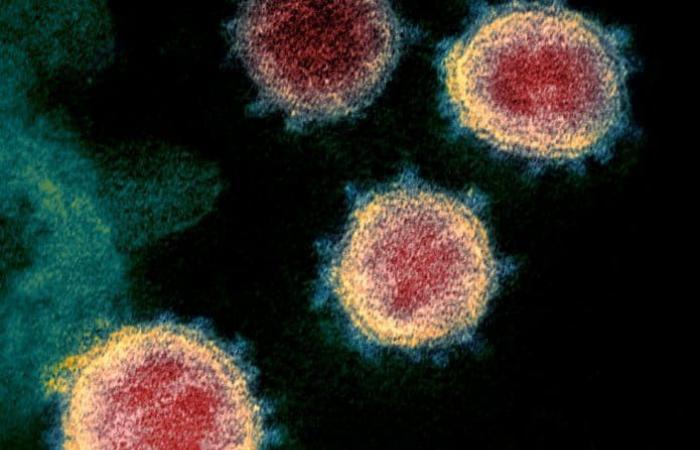Although Covid-19 has largely disappeared from the news, SARS-CoV-2 – the virus behind the pandemic – is still infecting people around the world.
Even the Johns Hopkins University panel stopped counting online. The end date was October 3, 2023.
read more
Those who didn’t stop were the scientists, who continue to study ways to combat the coronavirus, especially its mutations. We don’t know if the new strains that will appear will be stronger than the medicines we currently have.
Given this, researchers at Stanford University are working on a new, even more powerful drug. Dubbed ML2006a4, the compound works in the same way as Paxlovid – the most effective oral medication available to date.
The pill binds to coronavirus particles, preventing the virus from making copies of itself. Compared to Paxlovid, however, ML2006a4 acts even more firmly and durablely.
As?
A medicine that acts on atoms
- The person responsible for the research is Stanford associate professor of neurobiology and bioengineering Michael Lin.
- Before the pandemic, in 2020, he was investigating a class of drugs known as viral protease inhibitors.
- These drugs target enzymes that viruses need to maintain their replication cycle.
- Think of a key and a lock; Protease inhibitors occupy the spaces where they normally bind to so-called bulky proteins, thus nipping replication in the bud.
- And all of this occurs on a microscopic level, as if it were an “atomic Tetris”, according to the author himself.
- Initially, the drug was being developed to combat the hepatitis C virus, which has similarities to some versions of the coronavirus.
- The scare of 2020, however, caused the study to take new directions.
- The original article, with details about protease inhibitors, was published on March 13, in the journal Science Translational Medicine.
Encouraging results
In phase 1 animal trials, the compound prevented deadly infections in mice at a higher rate compared to Paxlovid.
More than that. ML2006a4, in addition to ensuring the animals’ survival, offered better protection to the rodents’ lungs and reduced the overall virus load in the body.
Importantly, the new drug also performed well against coronavirus variants that have already developed degrees of resistance to Paxlovid, suggesting that the compound will be more effective than the current drug.
It’s worth noting that the ML2006a4 is still undergoing laboratory testing – and, as the name itself makes clear, it doesn’t even have a commercial name yet.
To advance this promising medicine, Lin and his colleagues are now seeking additional investment. The next phase is to expand the experiments, aiming for clinical tests on human patients.
Remembering that, regardless of these new medications, vaccination remains the most effective way to combat the virus. Try to respect the vaccination schedule proposed by the Ministry of Health and the respective departments in your state.
The information is from Medical Xpress.







